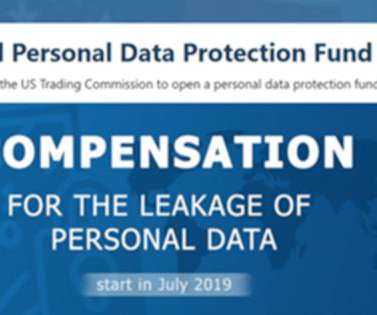National Consumer Protection Week: Keeping your personal data safe in a digitally connected world
Webroot
MARCH 3, 2025
March is a time for leprechauns and four-leaf clovers, and as luck would have it, its also a time to learn how to protect your private data from cybercrime. Each year, the first week of March (March 2-8) is recognized as National Consumer Protection Week (NCPW). Fraud alerts and credit freezes Protect you from identity theft.














Let's personalize your content